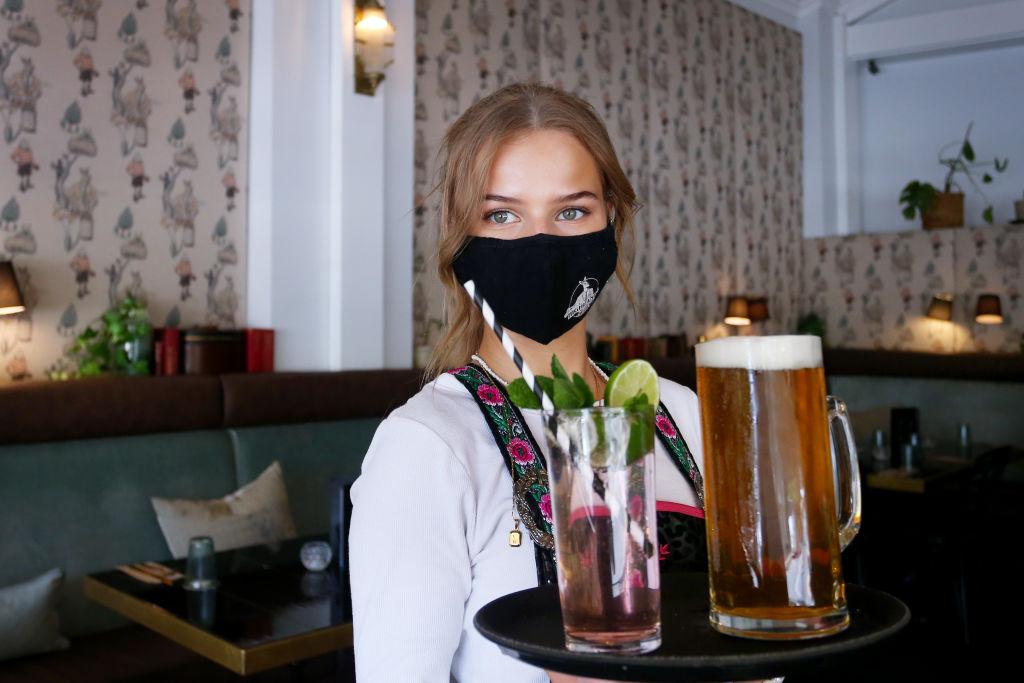Workers will still be entitled to compensation if they can show that they contracted COVID-19 in their workplace, the premier said, adding the update was “both fair to employees and ensuring businesses aren’t hit with an unexpected spike in their insurance bills.”
The special COVID-19 amendment was added to the Workers Compensation Act in May 2020, soon after the start of the pandemic. It had made it easy for workers risking their health and safety in retail, healthcare, hospitality, and other frontline industries to file a workers’ compensation claim if they presumably caught COVID-19 in the course of their employment. In effect, the amendment placed the cost of catching COVID-19, which originated from Wuhan, China, on the shoulders of Australian businesses.





